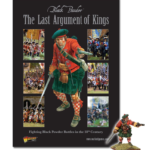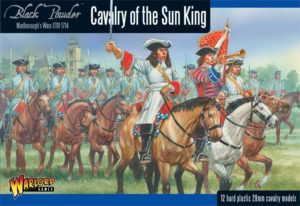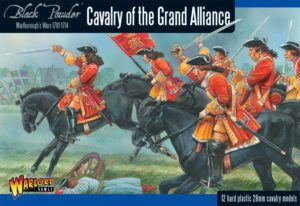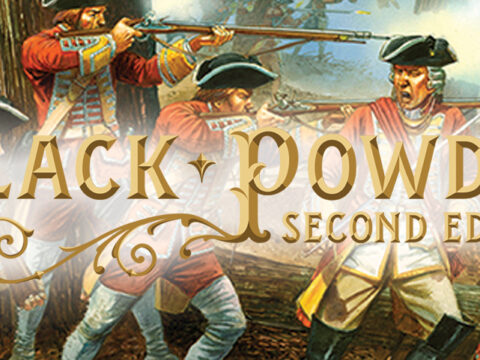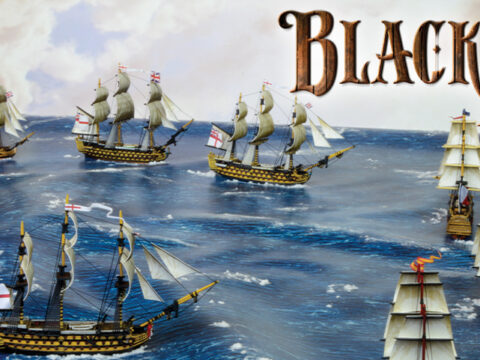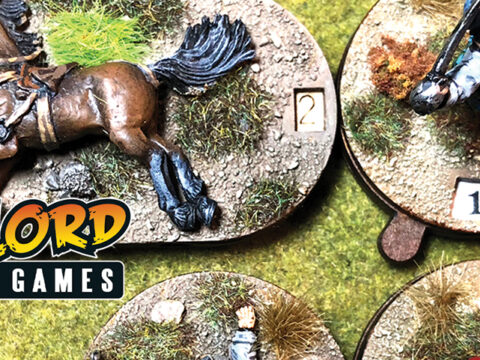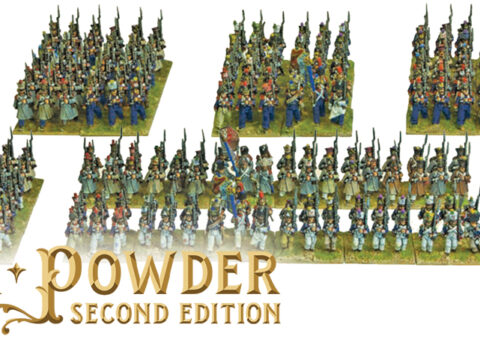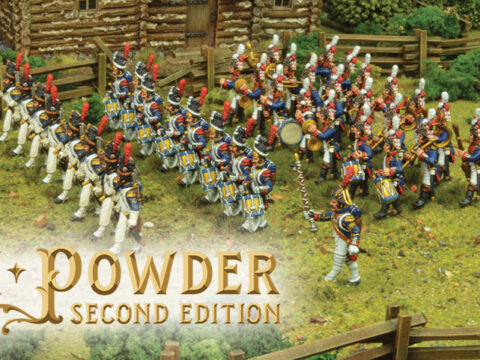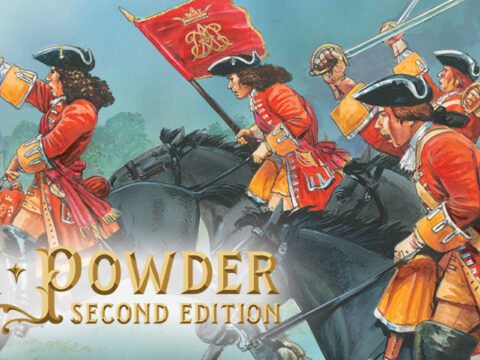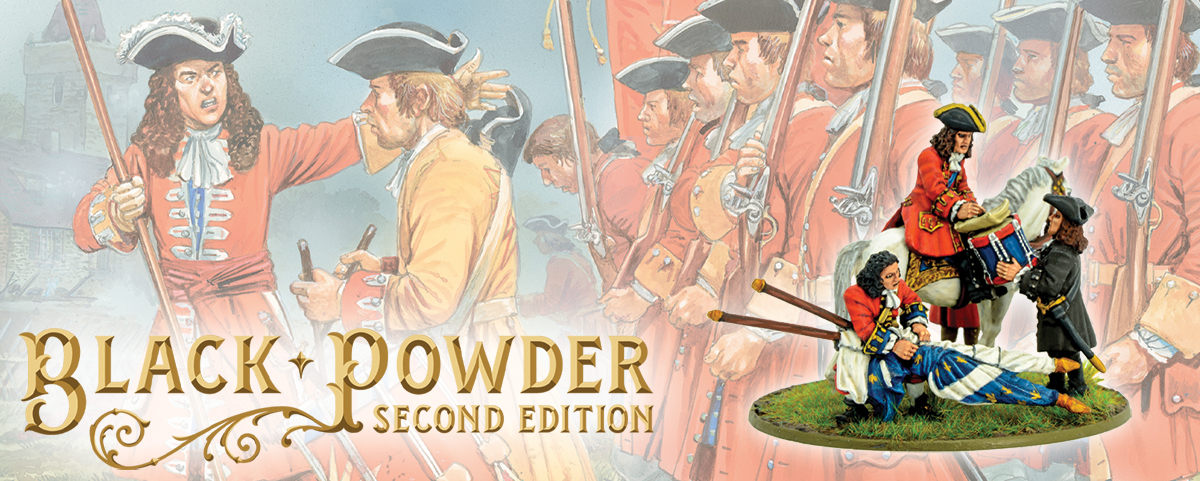
This week, dark clouds gather over Europe as the War of Spanish Succession begins. Defend the divine right of kings with our fantastic range!
It is difficult to imagine a more powerful king in 1700 than the Sun King, Louis XIV of France, who had ruled over the most powerful state in Europe for 57 years. victor in a number of European wars, his armies were the largest and most proficient on mainland Europe. The only power that could hope to stand up to the Louis Bourbon dynasty was the Hapsburg dynasty in Austria.
Emperor Leopold VI ruled over the Austrian empire, which included the German states of the Holy Roman Empire and lands in Hungary. Arguably, the next largest and most wealthy state in Europe was Spain.
King Carlos of Spain was “more of a medical curiosity than a man”, so deformed was he by his family’s years of inbreeding.
Last Argument of Kings
At the beginning of the 18th century, warfare entered a new era. The widespread use of the flintlock musket had transformed the way armies trained and fought. This period was a golden age for the crowned heads of Europe.
They commanded professional troops, gloriously outfitted in splendid uniforms, and fought each other over land, wealth and the succession to their thrones. Some even led their armies on the field of battle. Yet by the end of the century, the real power of kings was gone or greatly eroded parliaments would decide the foreign policy of nations, democracy had taken hold in the New World and the divine right of kings was everywhere being questioned.
He defied all of his doctors by living into adulthood, but he had no offspring, and when he died in 1700, he left all of Spain’s substantial lands to Philip, Duc d’Anjou, the grandson of King Louis XIV of France. France was already the largest power in Europe, and the thought of adding Spain’s substantial lands in Europe and overseas to the Bourbon Empire terrified the royal heads of the other European powers. however, no one wanted another war in Europe, and Louis’ assurance that the two crowns of Spain and France would never be united was taken at face value.
Despite his promises, the actions of the French king soon betrayed his intentions. French troops marched into the fortresses of the Spanish Netherlands, threatening the Dutch Republic, while Spain quickly gave trading concessions to French merchants in its colonies and excluded other powers from its lucrative slave trade.
The Austrian Hapsburgs were forced into war to check Louis’ ambition, and so began the War of the Spanish Succession. The British sided with the Holy Roman Empire and joined its Dutch allies in Flanders to begin a war with France. While the Austrians fought Spain in its territories in Italy, Spain descended into civil war.
The war was fought not only in Europe but also the West Indies and colonial North and South America where the conflict became known to the English colonists as Queen Anne’s War. Although there were now a number of allied states arrayed against France, victory was very far from assured. in fact, the war started badly for the allies and, by 1704, Vienna was under threat from a Franco-Bavarian army. if it fell, Austria would be forced out of the war.
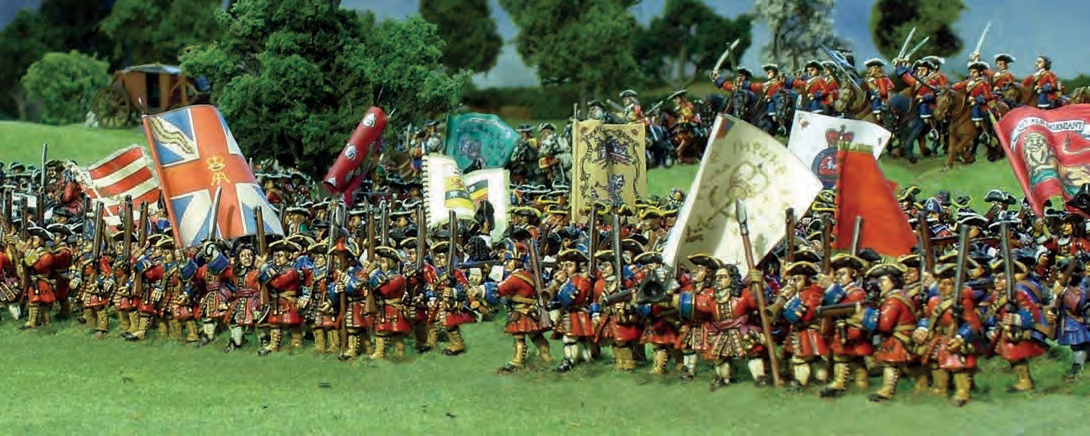
The duke then went on to deliver a series of defeats to the French which, combined with Prince Eugene of Savoy’s success elsewhere, forced Louis to the negotiating table. The war was concluded by the treaties of Utrecht (1713) and Rastatt (1714). As a result, Philip V remained King of Spain but was removed from the French line of succession, averting a union of the two kingdoms.
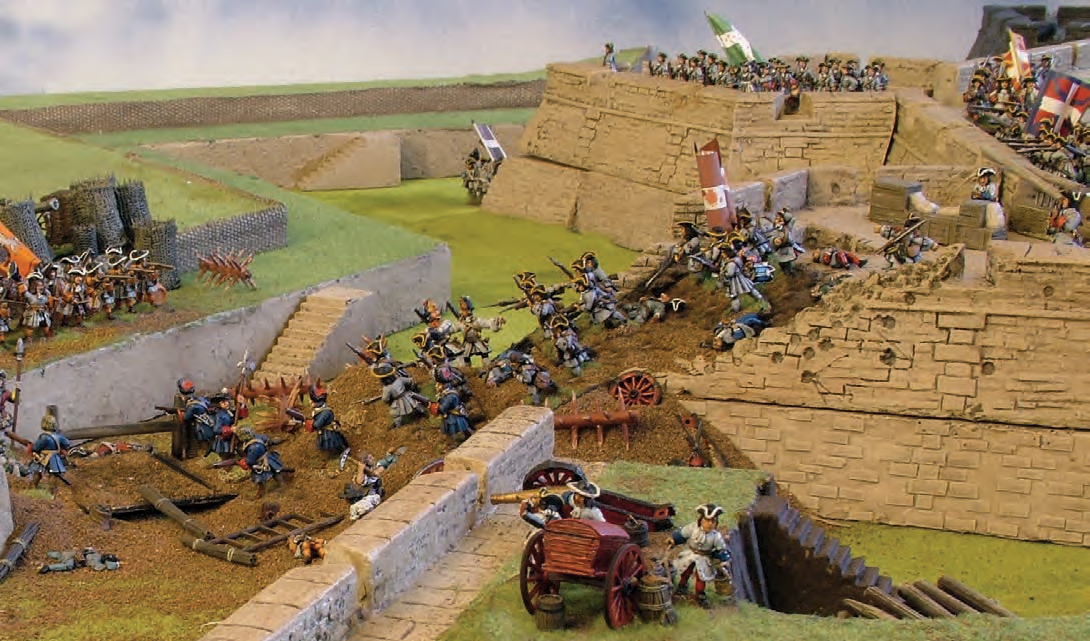
Gaming the War of Spanish Succession
This was one of the first wars where troops appeared in clearly identifiable uniforms and where the pike was no longer carried by the armies involved. linear tactics were just beginning to develop, and cavalry once again beginning to be used as ‘shock’ troops rather than as a mobile firing platform.
In this war, we see the beginning of black powder warfare that would reach its zenith during the Napoleonic Wars a century later. This was a war of ponderous manoeuvre when generals often opted for sieges and slow progression rather than risk everything in battle. however, this war was fought all across Europe and in the colonies and provides a great deal of wargaming potential.
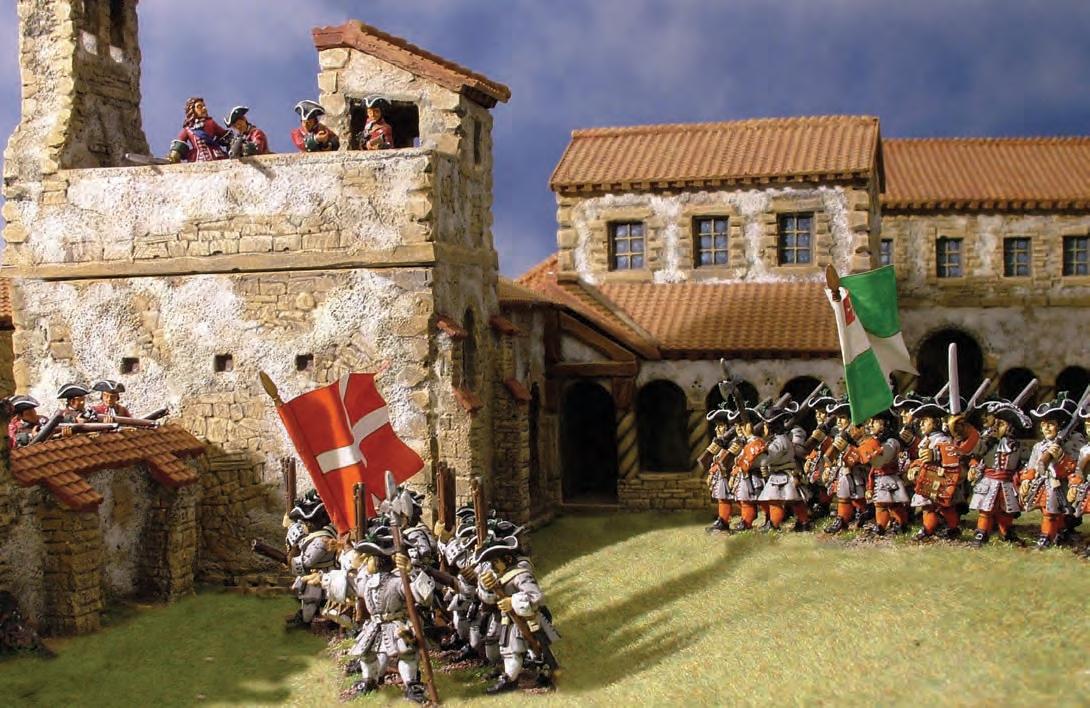
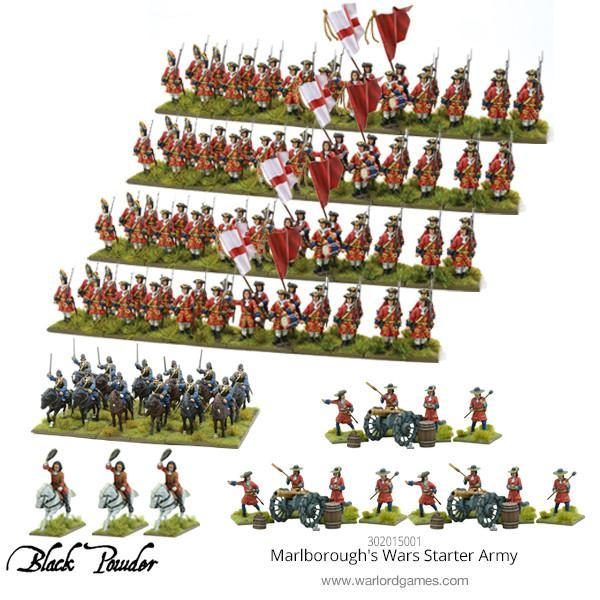
Begin your campaign across Europe with the fantastic Marlborough’s Wars starter army, which contains enough miniatures to field four infantry units, a cavalry unit and three artillery batteries – enough to fill out a division or two!

